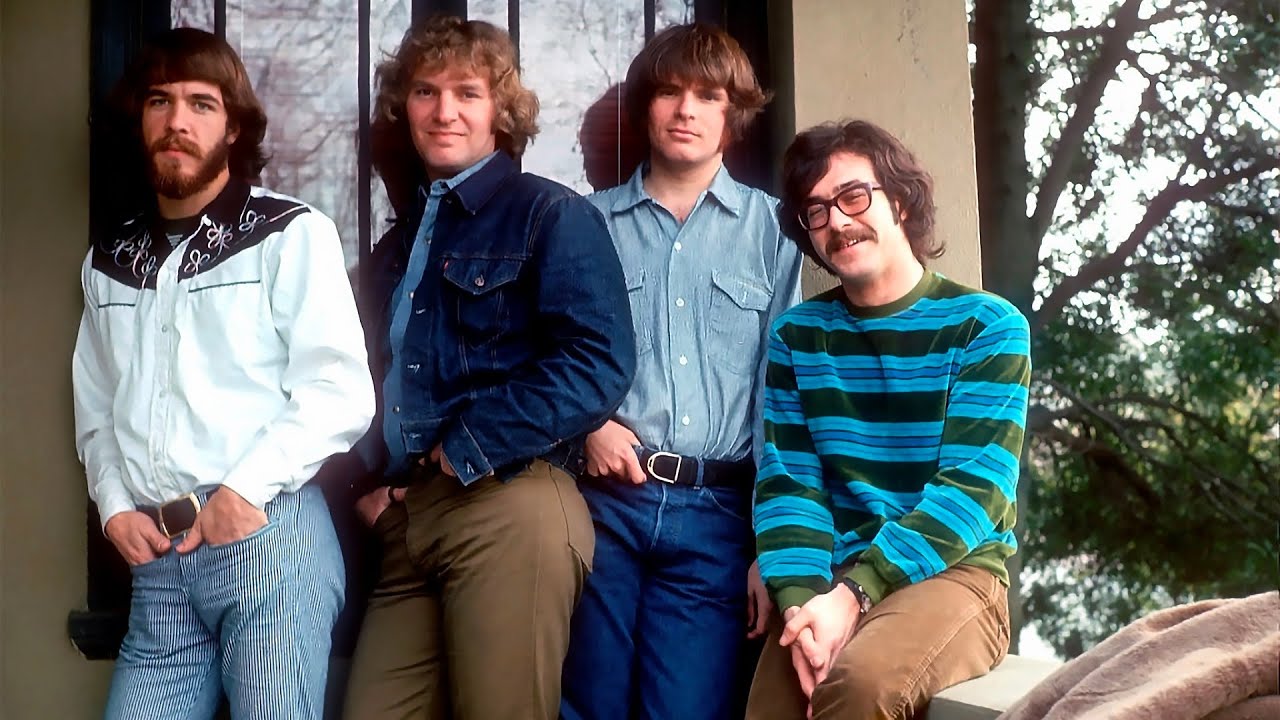
A Hymn to Empathy in a Divided World
When Creedence Clearwater Revival released “Wrote A Song For Everyone” as part of their landmark 1969 album Green River, the band was at the height of its creative and commercial power. That record soared up the charts, reaching No. 1 on the Billboard 200, solidifying CCR’s place as one of the defining voices of late‑’60s American rock. Though not issued as a single, “Wrote A Song For Everyone” quickly became one of the album’s emotional centerpieces—a slow‑burning ballad that revealed John Fogerty’s gift for distilling the social unrest and personal introspection of his era into something universal. The 1985 remastered version only enhanced its timeless resonance, sharpening every tremor of Fogerty’s voice and every mournful note of the band’s measured accompaniment.
At its heart, “Wrote A Song For Everyone” is a confession set to melody—a man reaching across an invisible divide to make sense of connection, miscommunication, and the limitations of language. Fogerty, who penned nearly all of CCR’s catalog, often wrapped his songs in rural imagery and riverine metaphors. Yet here he trades open highways for emotional interiors. The song unfolds at a deliberate pace, its restrained rhythm section allowing the plaintive vocal to take center stage. The guitar lines shimmer like distant reflections on water—steady but tinged with melancholy—while Fogerty’s voice trembles with a vulnerability rarely heard in rock at the time.
Lyrically, it captures one of Fogerty’s most human struggles: how art can both bridge and expose isolation. The narrator has written a song “for everyone,” yet finds himself estranged from the very person he wishes to reach most. It is a paradox as old as music itself—the artist yearning to communicate truth to the world while realizing that truth may remain misunderstood by those closest to him. Within that tension lies the song’s brilliance. It transforms private longing into communal empathy; it turns solitude into shared reflection.
Musically, “Wrote A Song For Everyone” stands apart from CCR’s more rollicking swamp‑rock anthems like “Bad Moon Rising” or “Born on the Bayou.” Here, the band trades urgency for grace, blending rootsy simplicity with gospel‑tinged gravitas. The rhythm has a patient heartbeat; the organ hums softly beneath; each guitar phrase lingers like an afterthought on a letter never sent. It is music as correspondence—an open message drifting downstream to whomever might need to hear it.
More than half a century later, “Wrote A Song For Everyone” feels eerily prescient. In an age where voices often shout past one another, Fogerty’s gentle plea for understanding remains disarmingly direct. His song is not just about communication—it is communication: an act of faith that even when words fail, melody still might find a way through.